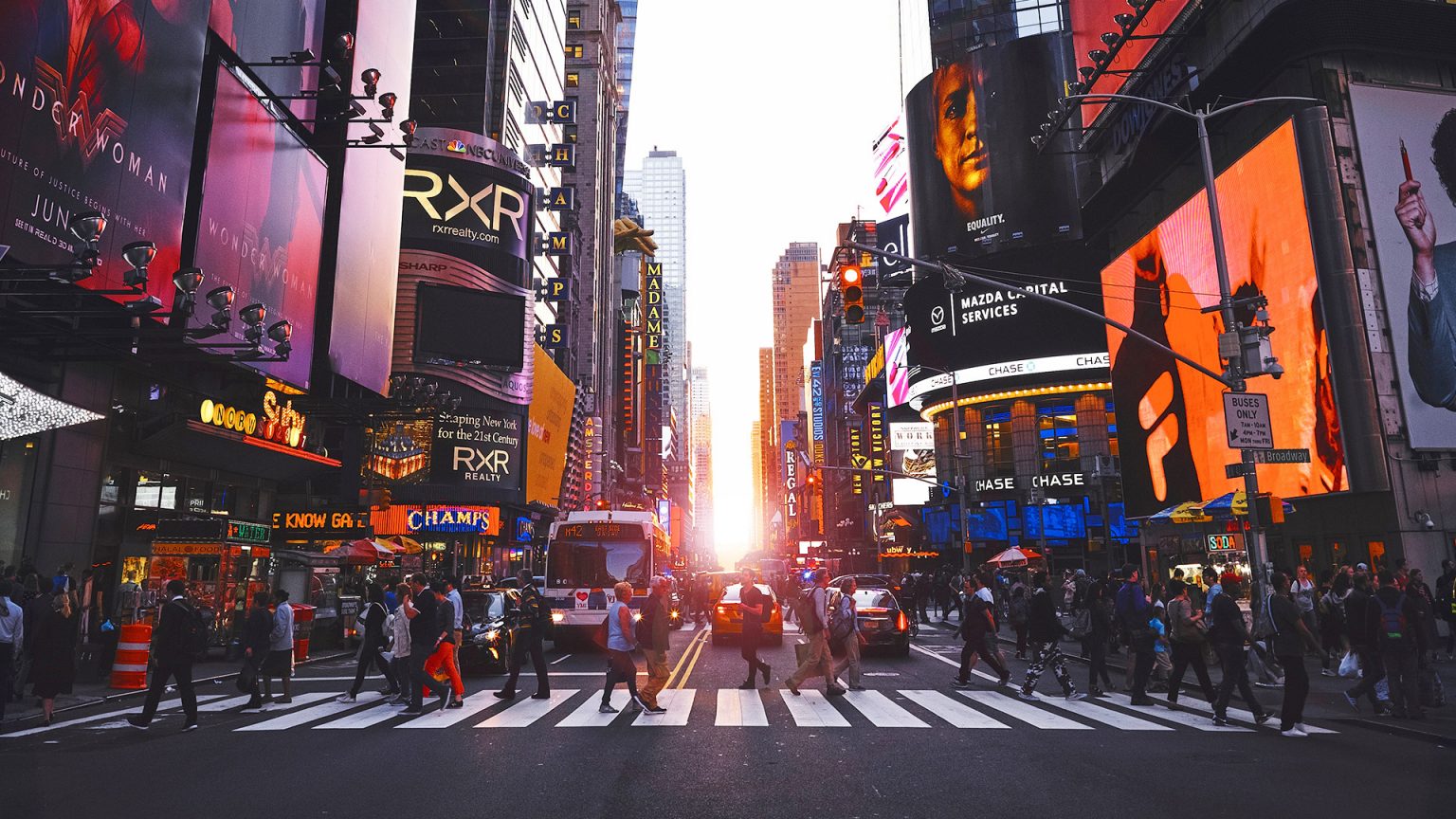“Conventional wisdom dictates that, certainly in a genre exercise like this, clarity is king and confusion, of even the mildest kind, is the enemy of engagement,” writes Jessica Kiang at the Playlist. “But the conventionally wise part of your brain is way too busy being seduced by the moment-to-moment elegance of DP Kim Ji-yong‘s scoop-it-into-my-eyes-please photography, and Kim Jee-woon’s scintillating directorial assurance to get a look in. It really doesn’t matter that the overarching shape of the movie doesn’t reveal itself until later. In The Age of Shadows, every scene is a movie.”
“As solid as the setup is, the outstanding section of The Age of Shadows is the central one,” finds Tommaso Tocci, writing for Cinema Scope. “To merely call it an exciting set piece on a train running between Shanghai and Seoul doesn’t quite capture the extent of its classical meticulousness. Taking its time at the start of the ride, and explosively capping it off at the end, it reaches Snowpiercer (2013) levels of intensity in just over 20 minutes. Editing, direction, and the striking production design offer top-notch support to the script’s turning point, with double agents and resistance moles all threatening to unmask each other in tight corridors.”
“While the train sequence is the film’s indisputable highlight, a number of other scenes come close to that sequence’s bravado,” adds Jay Weissberg in Variety. “This being a Kim Jee-woon film, audiences should expect a fair share of stomach-turning, eye-averting moments, and while not of the same unbearable intensity as I Saw the Devil, they still pack a wallop, such as when resistance fighter Yeon Gye-soon (Han Ji-min) is tortured. There’s not an ounce of fat on The Age of Shadows, which is based on the 1923 bombing of Japanese police headquarters in Seoul without feeling at all enslaved to facts. If anything, the film is most indebted to classic cloak-and-dagger movies, in which sharp, richly succinct dialogue and plenty of atmosphere seem effortlessly carried along by the force of magnetic personalities.”
“Eyebrows were raised when it was announced that South Korea will submit the as-yet-unreleased espionage thriller The Age of Shadows for Oscar consideration instead of Cannes hits The Handmaiden and The Wailing,” notes Zhuo-Ning Su at the Film Stage. But The Age of Shadows “turns out to be a worthy choice that makes particular sense representing the country given how it speaks directly to the national memory/identity.”
More from Fionnuala Halligan (Screen) and Deborah Young (Hollywood Reporter). The Age of Shadows premiered Out of Competition in Venice and screened as a Special Presentation in Toronto.
Updates, 9/23: “Like I Saw the Devil, The Age of Shadows is a cat-and-mouse scenario that thwarts and subverts audience expectations,” writes Ignatiy Vishnevetsky at the AV Club, “not because of where it’s headed (its betrayals and shifting loyalties are as much of a genre staple as the earlier film’s ‘evil corrupts’ theme), but because of how it gets there, readily tossing out the sort of twists most movies withhold and sometimes taking extended detours into other genres.”
“The cloak-and-dagger adventure is far too sprawling for its own good, and the air only grows thinner as the film propellers towards its underwhelming finale,” writes Indiewire‘s David Ehrlich, “but you’d be hard-pressed to find a more lavishly staged staged chunk of pulp nonsense.”
The 2016 fall film festival indexes: Venice, Telluride and Toronto.




